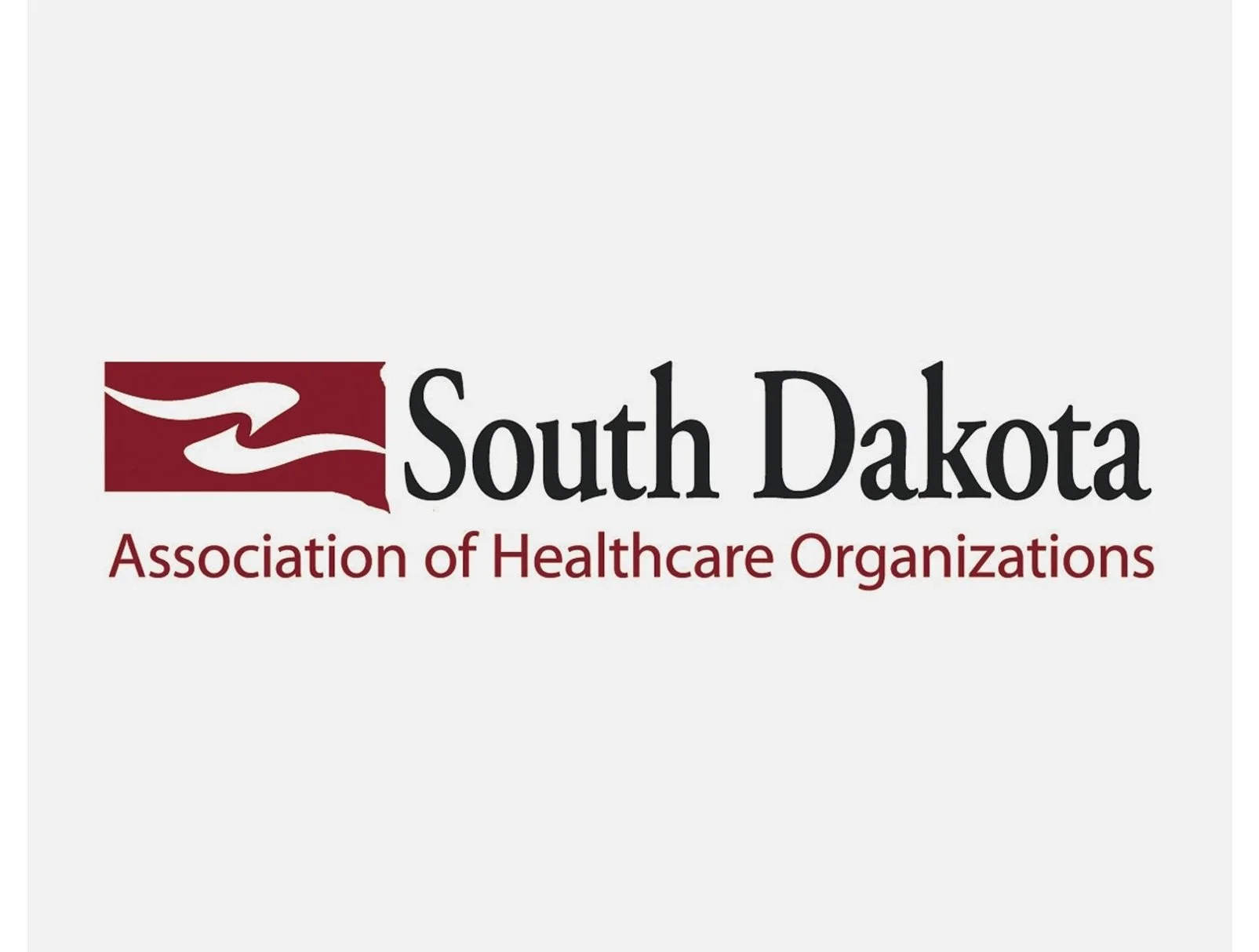Message Banking Gives Patients a Voice When They No Longer Have Their Own
One of the most devastating side effects of the progressive neuromuscular disease amyotrophic lateral sclerosis (ALS) is its impact on patients' ability to communicate. As muscle tension in the vocal folds increases, the voice may become raspy and strained. Eventually, patients lose their ability to speak altogether.
But this no longer has to mean that their voice can never be heard. Through a process called message banking at LifeScape, patients can record key words and phrases while they still have their voice. The recordings become part of an augmentative communication device so that that client can use them when they cannot speak for themselves.
"We record things like messages they want to save, jokes, key phrases, and laughter," says LifeScape Speech Language Pathologist Carrie Vermeer, MD, CCC-SLP, who has special expertise in augmentative communication devices and message banking. "This allows patients to still have access to some of these more personalized phrases, even when they can't talk."
Vermeer helps patients decide upon and record their messages using a high definition voice recorder. These are downloaded into a computer program and transferred to the client's preferred device. These phrases can then replace the device's default computerized voice.
"I just saw a patient whose phrase was 'It's tornado weather!'," says Vermeer. "Another person wanted to record 'Good morning, beautiful!' to say to his wife. Another person doesn't like strawberries and wanted to be able to say that. It can be whatever things the patient anticipates wanting to be able to say in their own voice."
During her first year of offering message banking, most of Vermeer's patients have been people with ALS. But the process is the same for any condition that could cause a patient to lose their voice, such as multiple sclerosis or progressive apraxia of speech. Regardless of the underlying medical condition, Vermeer says early referral to LifeScape is key - ideally within the first few months after diagnosis.
"For some patients, it's hard to come to grips with the diagnosis so quickly. Many are still in denial," says Vermeer. "But I encourage them to be proactive rather than reactive. Message banking allows them to communicate some of the everyday things that we tend to take for granted. They don't have to be so dependent on people guessing what they want."
Vermeer hopes to take the process a step further with voice banking in the near future. With voice banking, the computer uses recorded messages to synthesize an electronic voice that is close to the sound of the patient's original voice.











